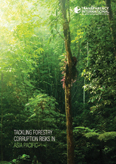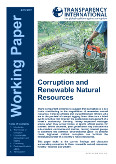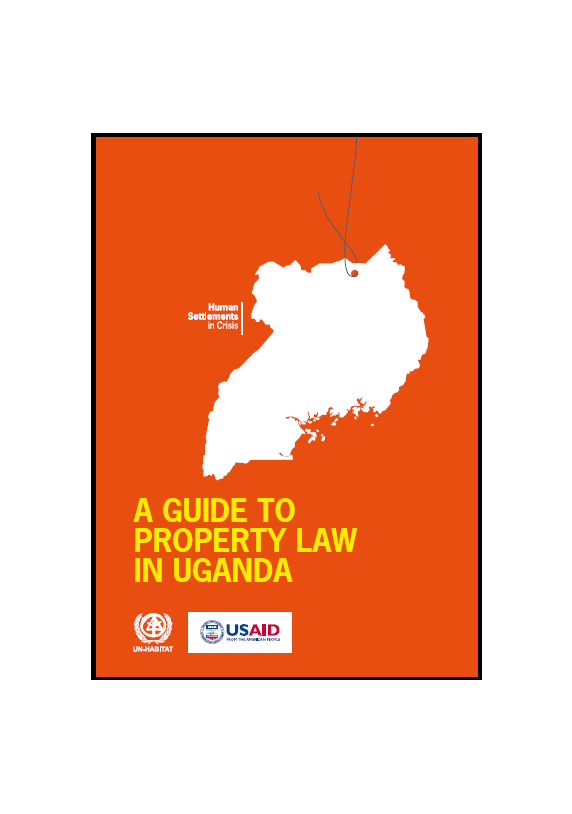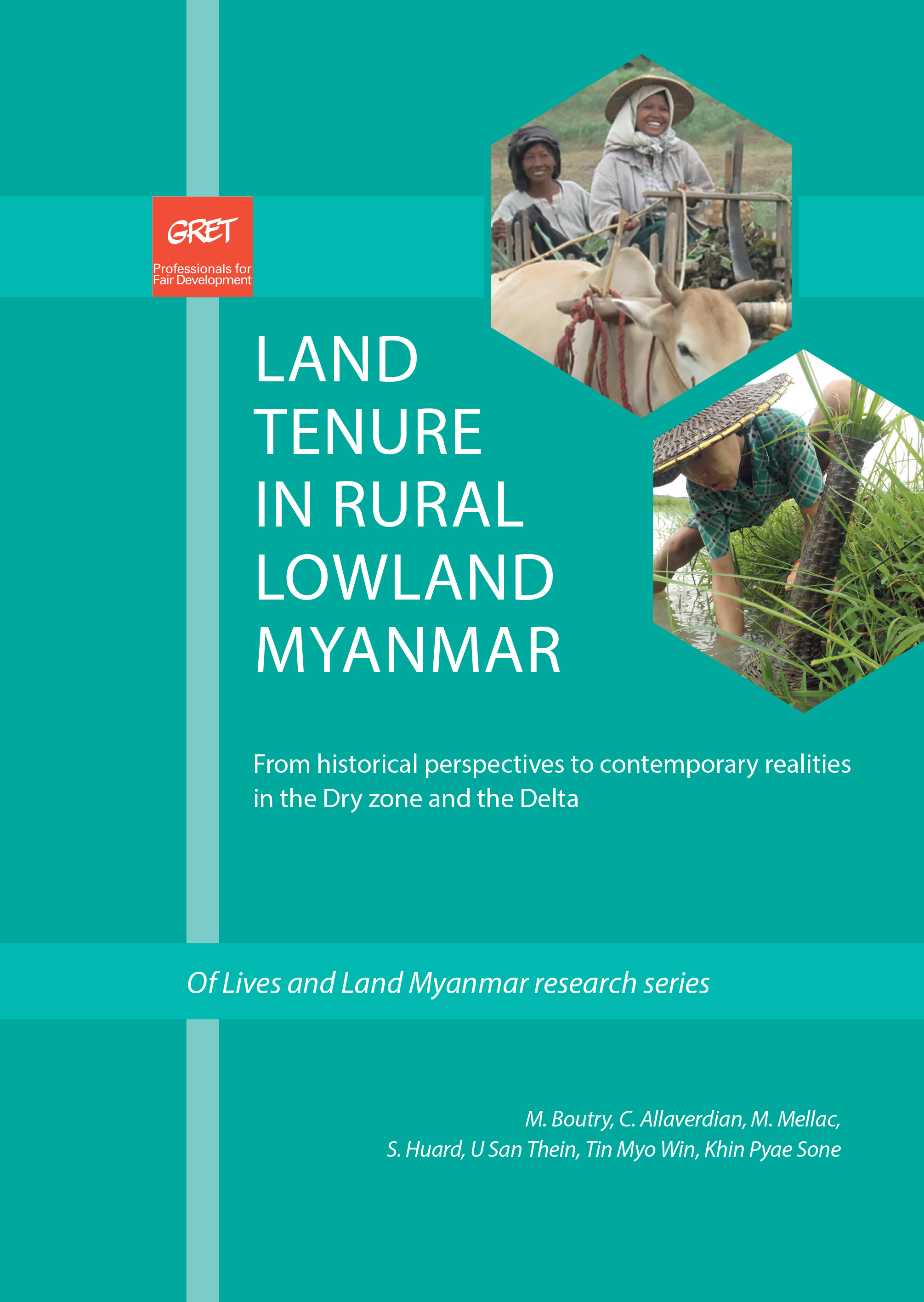TACKLING FORESTRY CORRUPTION RISKS IN ASIA PACIFIC
This report is based on research carried out in five Asia Pacific countries – China, Indonesia, Malaysia, Papua New Guinea and the Solomon Islands. This document should serve as an instrument to help in Transparency International’s constructive but critical dialogue needed to fight corruption and build integrity in the forestry sector. As such it is aimed at civil society, the private sector, and government agencies, and all those who stand to benefit from improved forest governance.












